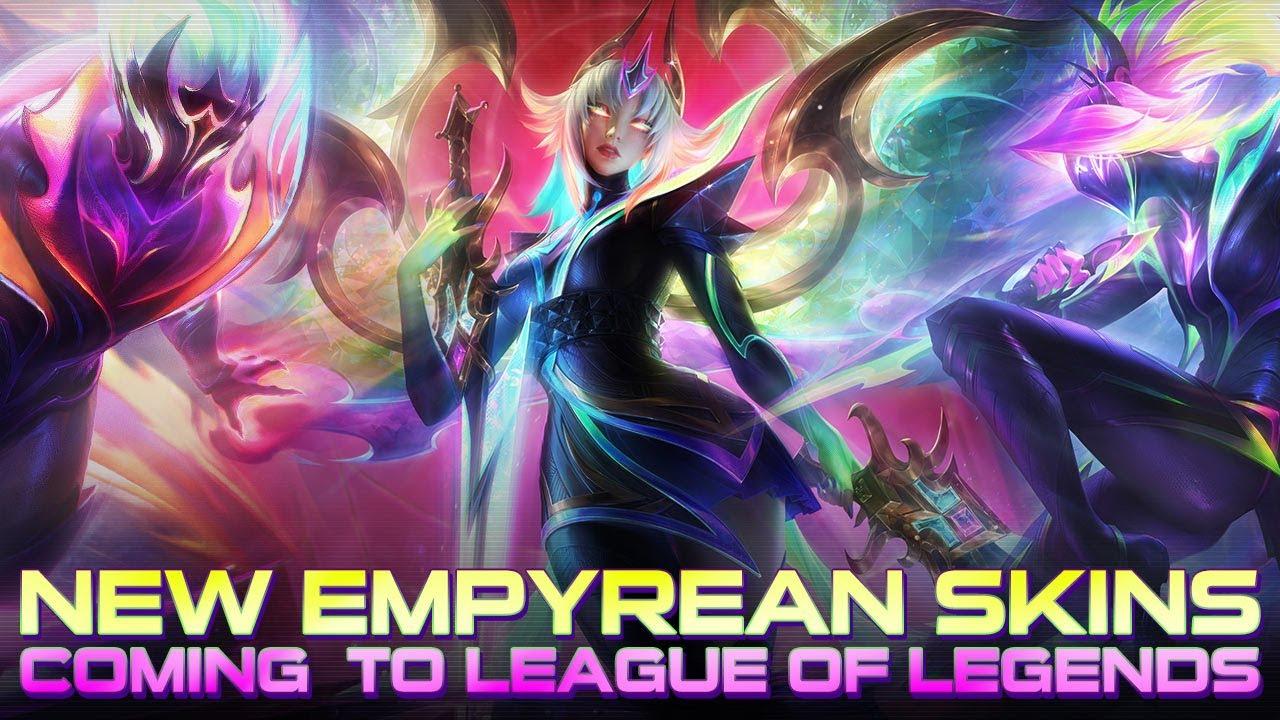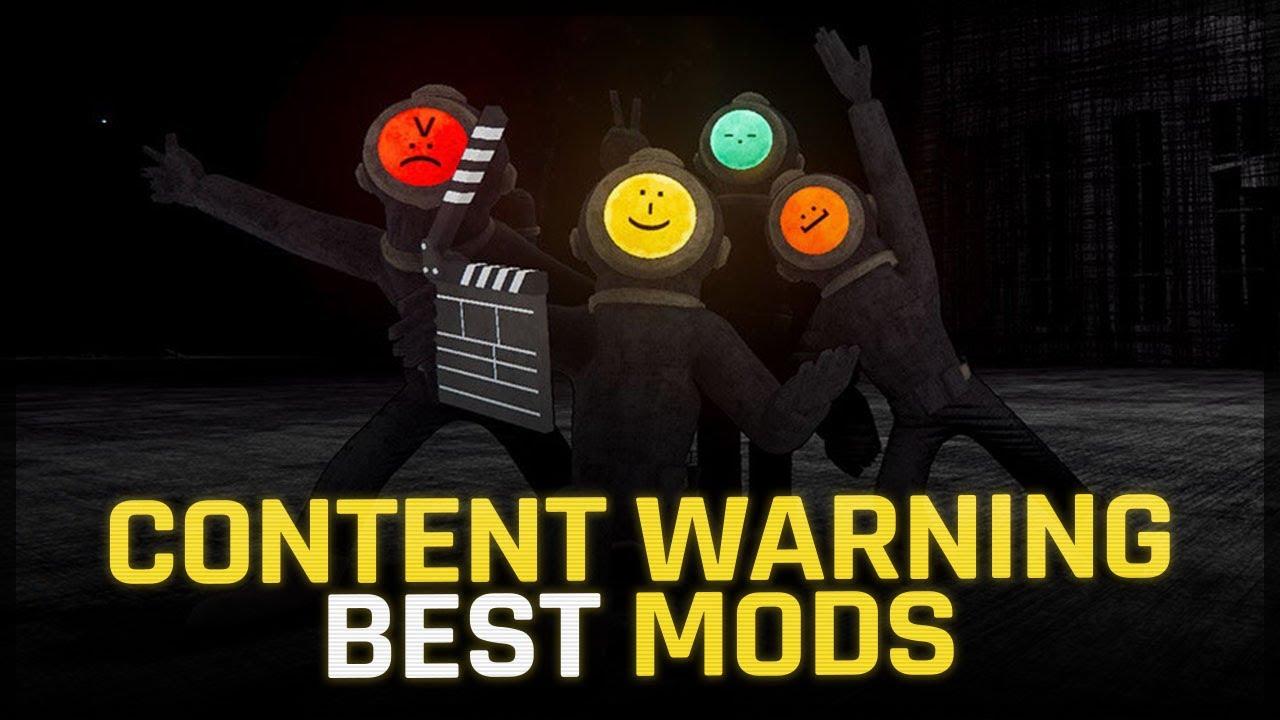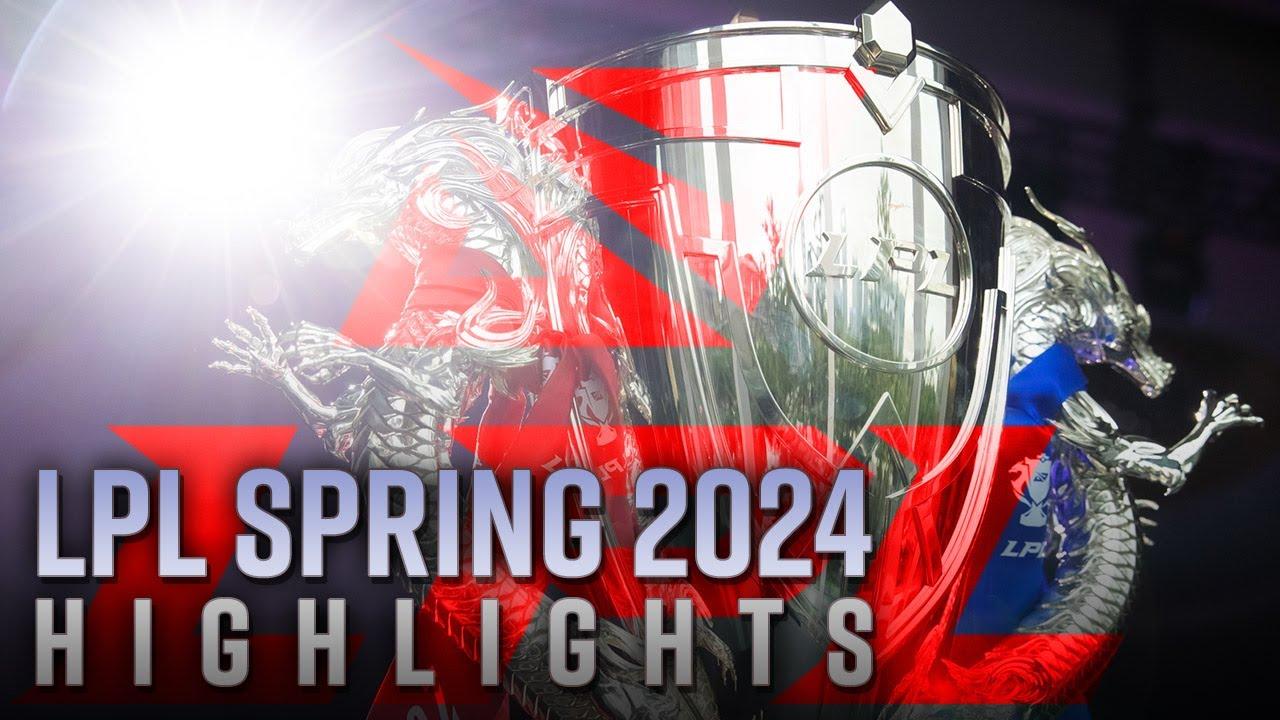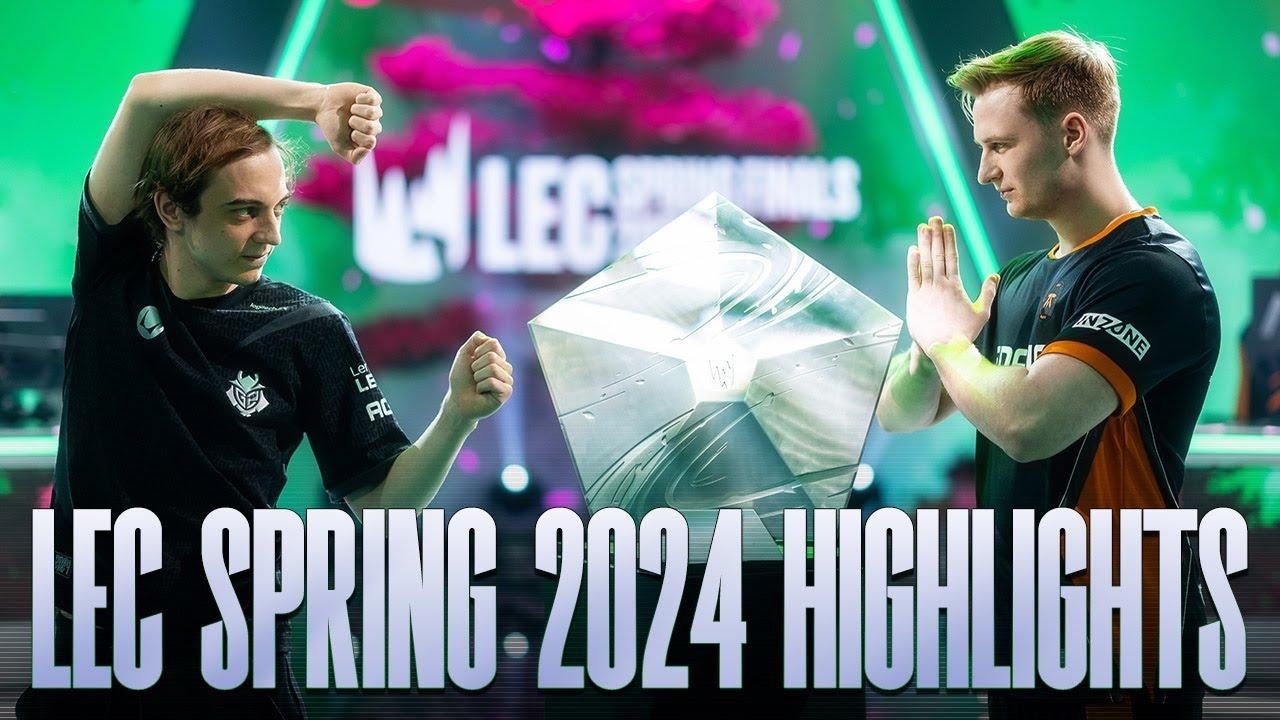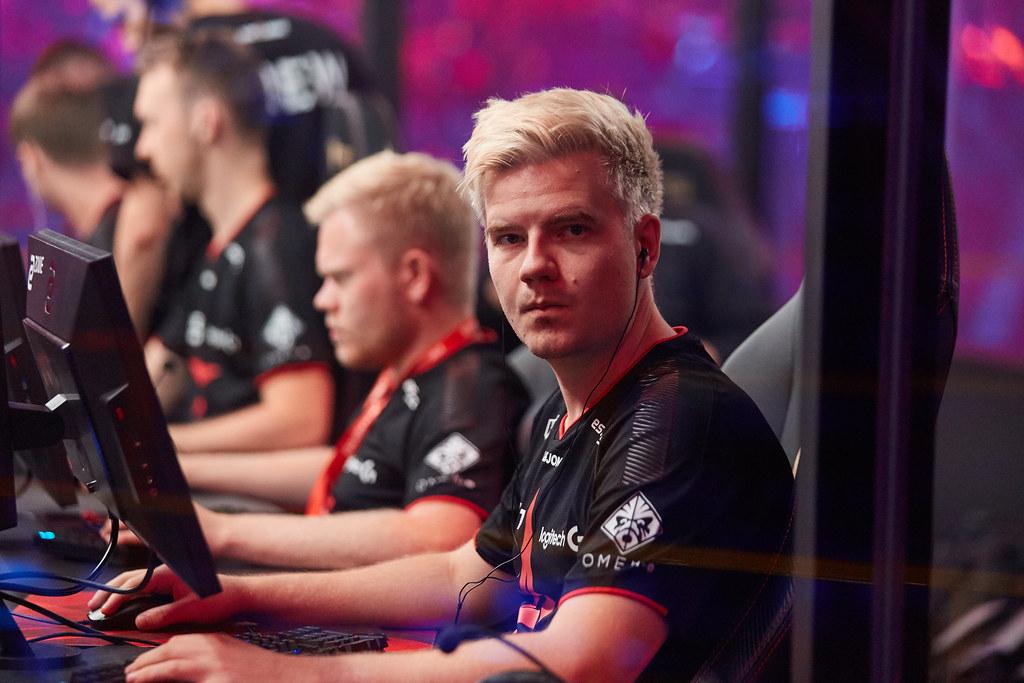
Valve eyeing RFRSH, Astralis with new CSGO Major rule change
Valve released a statement in a November 12 official blog post concerning tournament organizers and their relationships with pro Counter-Strike: Global Offensive teams.
With the 2020 CSGO Major now coming into sight, Valve has clearly been paying close attention to what’s been going on in and around the CSGO scene. After today’s developer post, it’s safe to say that some of the recent relationships seen between tournament organizers and teams have given Valve enough concern to take action.
In a blog post titled “Keeping Things Transparent,” Valve spelled out new regulations concerning teams and their relationships with tournament organizers when it comes to participation in the Valve-sponsored Majors.
Any team that registers for a Major will have to “publicly disclose their business relationships with other participants and/or the tournament organizer.” While not specifically stated in the post, the new rules likely include the Minors and the Minor qualifiers as well.
Valve continued by explaining the reasoning behind the new rules. With the change, Valve intends to generate what they called “public discussion” about the risks of letting teams that have business relationships with a tournament organizer participate in an event run by that organizer.
RFRSH, Astralis relationship likely behind Major rule change
While Valve doesn’t explain what prompted the creation of the rule, the type of situation it aims to prevent mirrors the controversy that surrounded RFRSH Entertainment and their CSGO team, Astralis, earlier this year.
RFRSH acquired Astralis in January 2016, shortly after the original roster had left TSM and played under the moniker “?,” known in competitions as Team Questionmark.
The team hit their stride in 2018 and transformed into one of the best CSGO teams fans had ever seen. It wasn’t until RFRSH launched the BLAST Pro Series that the problems began. Suddenly, RFRSH wasn’t just a company focused on creating a great CSGO team, but a great tournament as well.
BLAST’s first event took place in November 2017 in Copenhagen. Astralis placed well, picking up a second-place finish against SK Gaming. The tournament’s format featured three best-of-ones played simultaneously in front of fans, a novel idea in an esport with standard formats and little wiggle room. BLAST Pro Series Copenhagen 2017 hit 300,000 viewers at its peak and prompted the organization to invest heavily in its new format. RFRSH then planned three BLAST events for 2018 before setting up to expand to six tournaments in 2019.
As BLAST picked up steam, Astralis became the most statistically dominant team in CSGO history. In the final months of 2018, they won six tournaments in a row, and that’s not counting the accomplishment of being the first team to ever win the Intel Grand Slam’s $1M bonus prize. They followed their run by taking home the Major title at the IEM Katowice 2019 Major.
Astralis misses tournaments, gives up Grand Slam Season 2
Astralis has always practiced hard. Player Instagrams over both yearly player breaks are often filled with videos of the team practicing grenades and executes. Astralis is among the best because they put in the work to be the best. That’s why when they decided to skip IEM Sydney, many fans found it strange. When they declined the chance to attempt to tie Team Liquid for another Grand Slam title at DreamHack Dallas, people were stunned.
The most dominant team in the world skipped several prestigious events back to back, allowing their archrivals Team Liquid to take the Season 2 Intel Grand Slam prize in record time. But Astralis wasn’t skipping all events. They weren’t skipping BLAST.
Explanations and excuses for Astralis’ absence came from both RFRSH CEO Nikolaj Nyhome and the Astralis squad itself. At one point, head coach Danny “zonic” Sørensen used Nicolai “dev1ce” Reedtz’s health problems as the reason the team was missing events. CSGO caster Matthew “sadokist” Trivett took issue with that excuse in a heated Twitter exchange with the Astralis coach.
Astralis’ absence from a tournament like IEM Sydney or Dallas DreamHack Masters raised eyebrows across the scene, especially because they never missed a BLAST tournament they were scheduled to attend.
RFRSH uses scheduling and Astralis’ presence to increase their reach
Astralis’ actions provoked a reaction from the community. Many fans and analysts questioned whether Astralis’ decision to skip other events in favor of BLAST was motivated by their financial relationship with RFRSH. As spring turned into summer, journalist leaks painted a picture of a plan from RFRSH Entertainment to use Astralis’ brand popularity to force teams to attend BLAST events instead of tournaments run by other organizers. In professional tournament circles, this is called “soft exclusivity.”
Could anyone call Team Liquid the best team in the world if they don’t beat Astralis to win the IEM Grand Slam? How much do the North Americans really benefit from the Dane’s absence? In theory, the only way that TL could prove they were at the top was to defeat Astralis. If Astralis wouldn’t come to TL in Sydney or Dallas, then Team Liquid would have to face them at BLAST. That is soft exclusivity, and it has more in common with mental warfare than it does with signing a contract.
Team Liquid, Na`Vi, FaZe and Astralis were BLAST ratings gold
People watch like to watch Astralis, it’s as simple as that. Tournaments that Astralis attend draw more viewers than tournaments they don’t. While RFRSH hasn’t shared any of BLAST’s financials, viewership numbers are a decent way to gauge how successful a tournament is. RFRSH’s most recent event in Copenhagen almost broke the viewership record for a BLAST tournament with a peak of 307,233 concurrent viewers. It featured the best of the best, including Astralis, Team Liquid, Na`Vi and FaZe Clan. On the other hand, BLAST Pro Series LA posted a viewership high of just over half that of Copenhagen at 173,234 people. BLAST LA attendees included Team Liquid, a FaZe clan in turmoil and a broken Cloud9.
BLAST was also formatted such that each of the seven invited teams only had to play in five of the seven BLAST events. This allowed RFRSH to schedule the highest quality teams to the same BLAST event or split them up, ensuring that the top teams would rarely compete against each other outside of BLAST events.
For tournament organizers, the formula is fairly simple. Tournaments with more exciting teams and more exciting games draw in more viewers. High concurrent viewers in the organizer world translate into bigger and more lucrative sponsorships with valuable contracts. RFRSH, just like every other tournament organizer, wanted the biggest share of CSGO viewers.
But looking back, BLAST didn’t just want the sponsorships. They wanted to compete directly with the two largest CSGO tournament organizers in FACE IT and ESL. And RFRSH had a secret weapon that neither FACE IT nor ESL had — Astralis. While the community uproar from the Astralis’ extended vacation has calmed down, the fiasco spawned a “BLASTralis” meme that still lives on at every BLAST Pro Series tournament.
Astralis Group and RFRSH Split, but questions remain
At the beginning of August, RFRSH announced that the company would split in two as a way to remove any hint of a conflict of interest between BLAST Pro Series and Astralis.
A series of tweets from RFRSH CEO Nijolaj Nyholm around the time of the announcement attempted to explain the move to the community. Nyholm detailed Astralis’ transfer from RFRSH to the brand new Astralis Group, where he would act as CEO. According to the tweets, Nyholm would divest from RFRSH completely. At least until several tweets later, where the CEO admitted that he would technically retain a .004% interest in RFRSH through investments with the tournament organizer’s venture capital partners, Heartcore Capital and Maki VC.
Now, two months removed from Astralis’ third major title in a row, everything seems to have once again calmed down. But the Astralis Group has only just announced its plans to file an initial product offering in Denmark under the command of RFRSH’s new CEO Robbie Douek on October 31. Reports indicate that the group hopes to file by the end of the year.
Is Valve getting more involved in CSGO?
Valve’s new Major rule is the second action the company has taken to deal with issues pertaining to CSGO in the past month. In late October, Valve took major action against bots, scammers and what many might define as money laundering by removing a user’s ability to trade or sell CSGO weapon case keys. Keys are often used as a way to transfer money out of Steam’s built-in wallet by trading them to a third-party site for actual currency.
As far as Valve’s newest rule goes, the blog post gave little information on how Valve plans to ensure that teams and tournament organizers actually follow it. All fans know for sure is something rattled Valve so badly that it cracked their stoic exterior and told players something they never even needed to know.
That can only mean that Valve has seen relationships between teams and tournament organizers that it can’t have happening from the business side of things. Only one thing fits the bill, and that makes Valve’s new rule a virtual slap on the wrist aimed at the Astralis Group, RFRSH Entertainment and Nickolaj Nyholm.
Recommended

All maps are now available in CS2, what does it mean?
Poor Inferno players.

Redline creator reveals a sequel skin for CS2
Maybe call it the Orangeline?
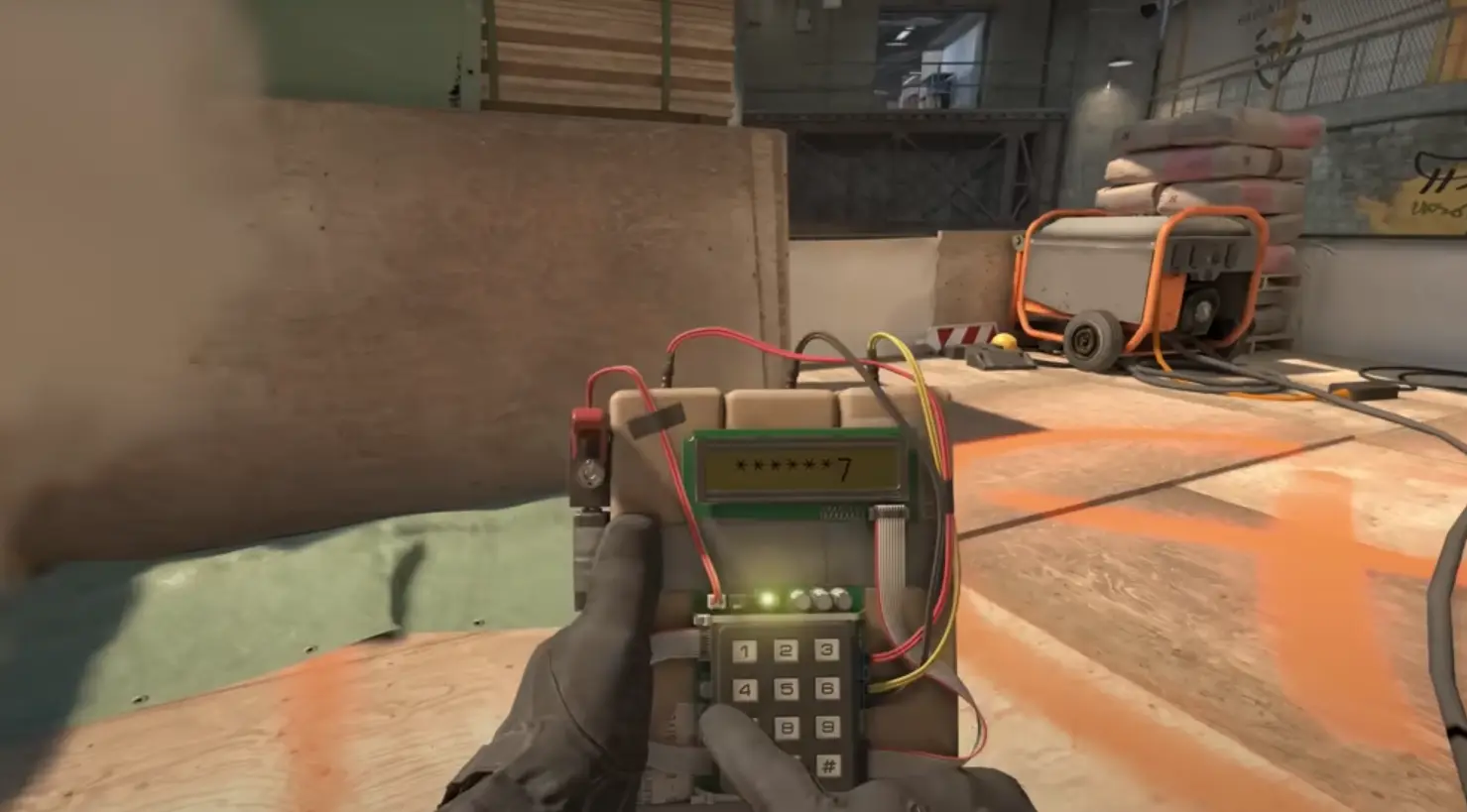
CS2 release date: Everything we know so far
Is it CS2-morrow? No, it is not.

